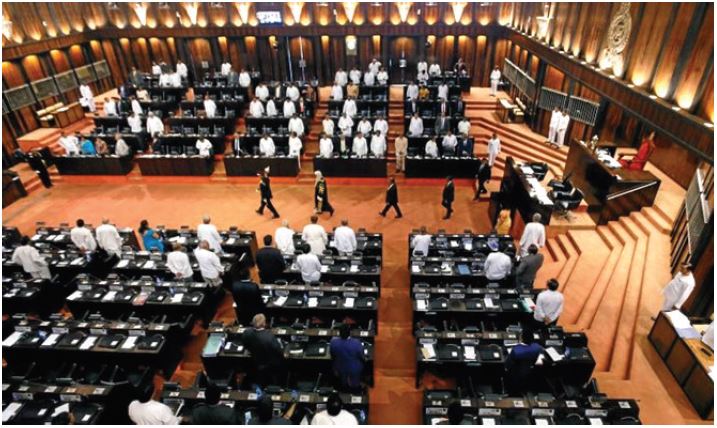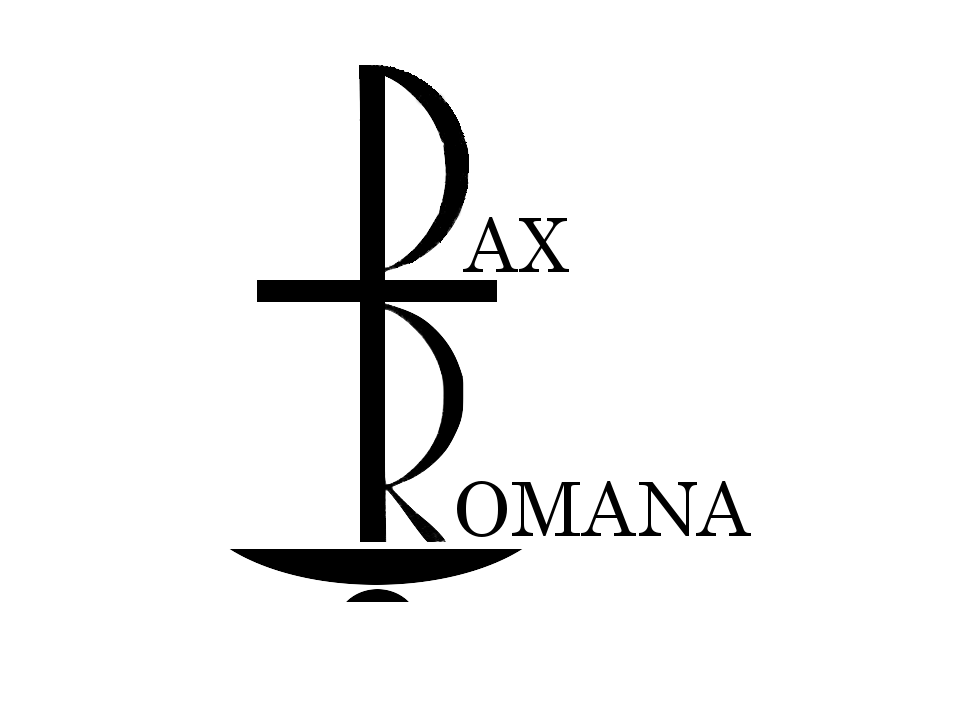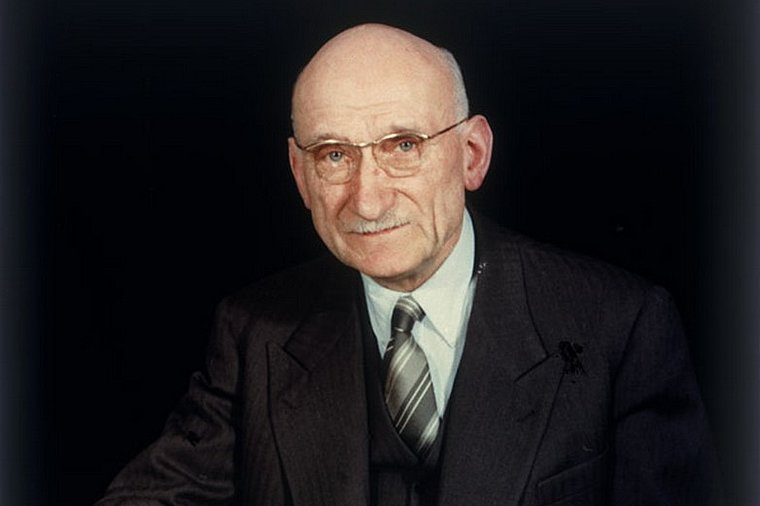1989 was a success because of the civic movements in Central Europe. These actors who are the real heroes of the change. Which lessons?
1 Don’t accept to be unified from above, which means accept the differenciation due to the cultures. Don’t destroy the piano of Chopin.
2 In his article “Living in truth”, Vaclav Havel tells us that in the communist time, when there was no confidence in the politic system, it was necessary to invest in the civil society, to have an “antipolitics” movement in the civil society, able to give a moral impulse. Not to criticize the global system but ask oneself, which moral values to introduce in the system.
The church must be part of the civil society. To provide this moral impulse, one needs places for reflexion, the church has provided such places thanks to its capacity of organising discussions. For example it was possible to see more interesting modern art in the churches than in the official museums. This vision is useful for the West which is now experiencing an economical reduction of the society.
How much collective identity does the EU needs?
After 1989 there had been a moral emptiness, which was filled by nationalism, to give new securities. The enlargement has not been an opportunity for the EU to change. The eastern countries could have stressed the importance of the cultural or ethnic minorities. The wounds need talking, exchanging, they will not be healed quickly. The victims and the perpetrators are often difficult to distinguish. For example in Austria, 60 years after the nazi time, it is now possible to speak quietly about the past. We are only 20 years after the collapse of the communist regime. Now there is a come back of the geopolitics for example the collaboration between the Baltic countries or in the Danube basin. They are means to create new bonds. Faith in the public space, the history and the geography was forgotten and has now a new importance. The role of the civil society is to create emotional bonds because every society must have a civic spirit. But after 1989 2 problems appeared: although the given promise, the former East block became member of the NATO. The western block refused to give economic support to the Russia of Gorbatchev.
We have to manage diversity in a better way than the EU did. The solutions will come from the civil society who has to put pressure for that. The solutions will not come from the politicians, because elections cannot be earnt by erasing walls but by building walls. Cela peut nous aider à déceler les risques de totalitarismes dans nos sociétés y compris dans l’église.




Leave A Comment
You must be logged in to post a comment.